Enhanced Safety and Risk Management
Safety is a paramount concern in the manufacturing sector, and the Augmented Reality in Manufacturing Market is addressing this need effectively. AR can provide workers with real-time safety information and hazard alerts, thereby reducing the likelihood of accidents. By visualizing potential risks and offering step-by-step guidance, AR enhances the overall safety of the workplace. Reports indicate that organizations implementing AR safety solutions have experienced a decrease in workplace incidents by as much as 25%. This focus on safety not only protects employees but also contributes to a more efficient production environment, making AR an essential component of modern manufacturing practices.
Increased Efficiency and Productivity
The Augmented Reality in Manufacturing Market is witnessing a surge in demand due to its ability to enhance operational efficiency and productivity. By overlaying digital information onto the physical environment, AR facilitates real-time data access, enabling workers to perform tasks with greater accuracy and speed. Studies indicate that companies implementing AR solutions have reported productivity increases of up to 30%. This efficiency gain is particularly crucial in sectors such as automotive and aerospace manufacturing, where precision and time management are paramount. As manufacturers strive to optimize their processes, the integration of AR technologies appears to be a pivotal strategy for achieving operational excellence.
Integration with Advanced Technologies
The convergence of Augmented Reality with other advanced technologies is driving innovation within the Augmented Reality in Manufacturing Market. The integration of AR with artificial intelligence, machine learning, and the Internet of Things is creating new opportunities for manufacturers. For example, AR can enhance predictive maintenance by providing real-time data analytics and insights. This synergy not only improves operational efficiency but also fosters a culture of continuous improvement. As manufacturers increasingly adopt these integrated solutions, the potential for enhanced productivity and innovation appears to be limitless, positioning AR as a cornerstone of future manufacturing strategies.
Cost Reduction and Resource Optimization
Cost management remains a critical focus within the Augmented Reality in Manufacturing Market. AR technologies can significantly reduce costs associated with training, maintenance, and production errors. For instance, AR can minimize the need for physical prototypes by allowing virtual simulations, thus saving material costs. Furthermore, companies utilizing AR for maintenance tasks have reported reductions in downtime, which can lead to substantial savings. The potential for resource optimization through AR applications is becoming increasingly recognized, as manufacturers seek to streamline operations and enhance their bottom line. This trend suggests a growing reliance on AR as a tool for financial efficiency.
Customization and Flexibility in Production
The demand for customization in manufacturing is on the rise, and the Augmented Reality in Manufacturing Market is well-positioned to meet this challenge. AR technologies enable manufacturers to visualize and modify designs in real-time, allowing for greater flexibility in production processes. This capability is particularly beneficial in industries such as consumer electronics and fashion, where consumer preferences can shift rapidly. By leveraging AR, manufacturers can quickly adapt to changing market demands, thereby enhancing customer satisfaction and loyalty. The ability to offer tailored solutions through AR is likely to become a key differentiator in the competitive landscape of manufacturing.


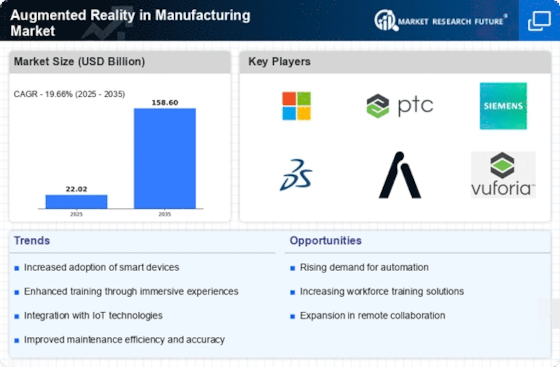
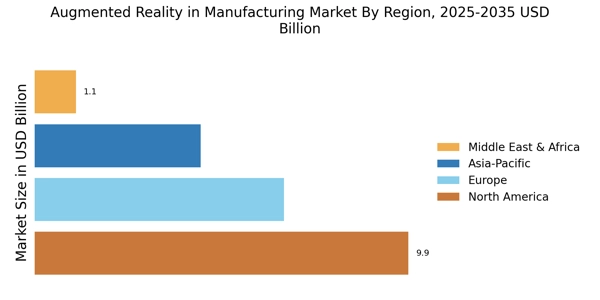

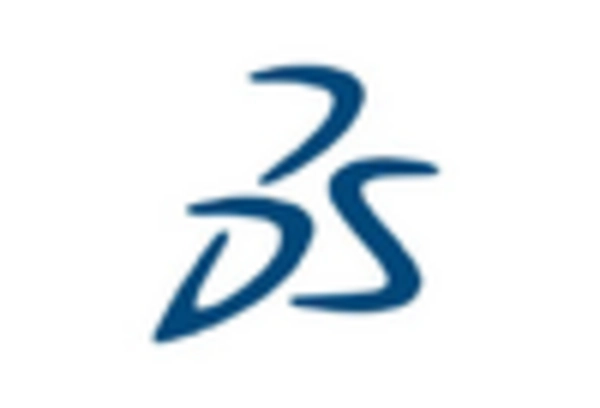

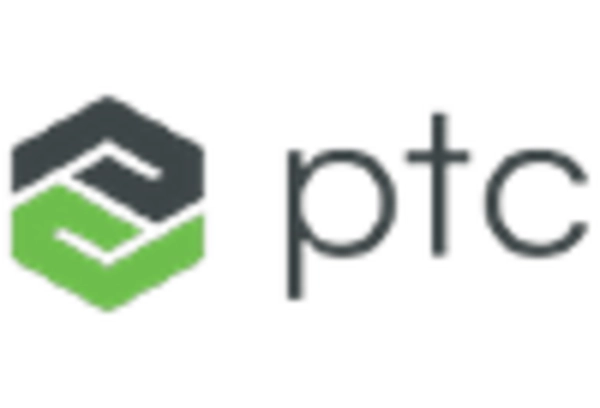

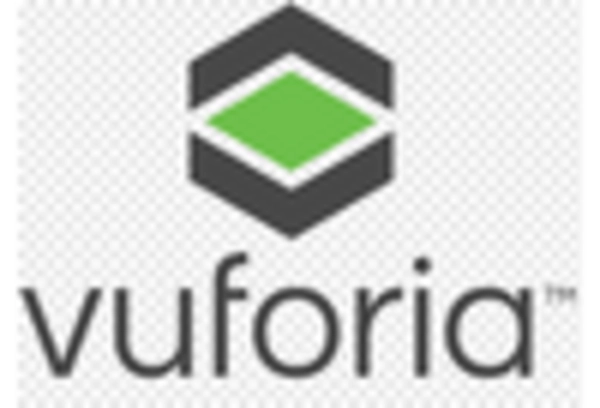








Leave a Comment